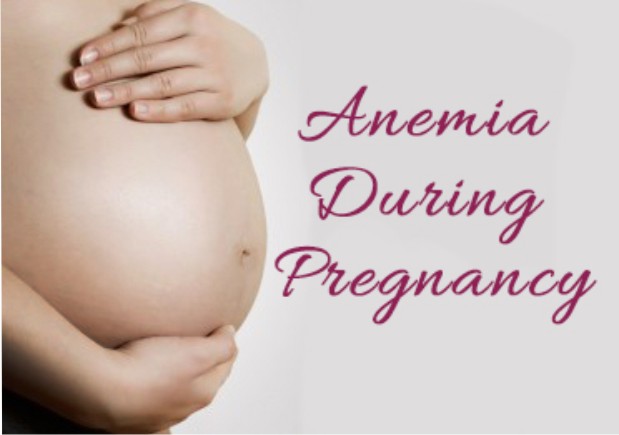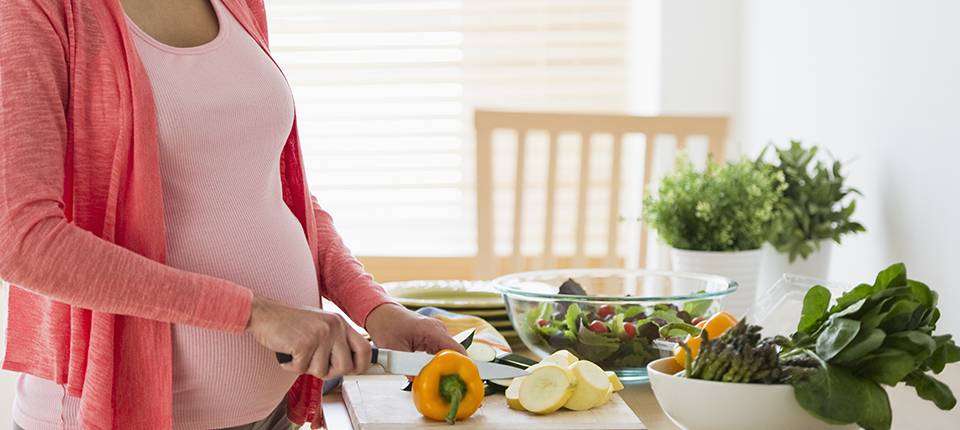As per WHO, more than half of pregnant mothers population in India, is suffering from ANAEMIA. Iron deficiency usually is the most common cause of being anaemic. However there could be some surprising elements specially when we look at Pregnancy diet and nutrition.
This article is the first part of the FabMoms series on Pregnancy Diet & Nutrition, dedicated to anaemia among pregnant mothers in India.

Anaemia is mainly caused due to two reasons:
- iron deficiency alone or
- in combination with folic acid and vitamin B12 deficiency.
Thereby making Iron and Folic acid the two most essential nutrients for pregnancy to avoid anaemia
What causes Anaemia?
During pregnancy, the volume of blood in the mother’s body increases almost two-fold to support the growth of the baby. This means a significantly large requirement of iron to keep up with the haemoglobin formation. If the body does not receive sufficient amount of iron through the diet, the level of haemoglobin drops in the blood and leads to anaemia.
During pregnancy, the foetus growing within mother’s womb is entirely dependent on her, for the blood formation as well as the iron stores. After the baby is born, the child feeds exclusively on breast-milk for the first 6 months. And until then the mother remains the sole supplier for the Iron requirement of her own body as well that of the growing baby.
Therefore, it remains crucially important for every pregnant mother to have a good haemoglobin level so that the baby (after birth) can have sufficient iron stores for the first 6 months until he starts weaning towards food.
A pregnant mother can be diagnosed with anaemia even after having sufficient amount of iron in her diet.
The possible reasons for this could be :
-
Poor intake of protein

Protein forms a part of haemoglobin and is needed for its synthesis.
-
Lower level of vitamin C
Vitamin C is needed for iron absorption.
-
Presence of iron inhibitors
Iron inhibitors like phytates and oxalates present in fruits and vegetables can also interfere with iron absorption.
Thus it is required to keep a check on protein, vitamin C, phytate and oxalate intake too along with iron to prevent anaemia.
Complications of iron deficiency anaemia during pregnancy :
• Pre-term or low birth weight baby
• Infant with low iron stores
• Post partum depression
• Delayed development of infant
• Weakened immune system of mother and child
You could avoid all of these! Contact us right away by clicking here (or call 992099 1286) for a prenatal diet expert to chart out meal plans to ensure you are eating the right mix of nutrients in the correct quantity without the risk of inhibitors for optimum absorption.
Contributed by Shilpi Agarwal, a leading Nutritionist & dietitian with an extensive experience in maternal nutrition & physiology. She loves to share nuggets from her varied personal & corporate experience in India and overseas with pregnant and lactating mothers.